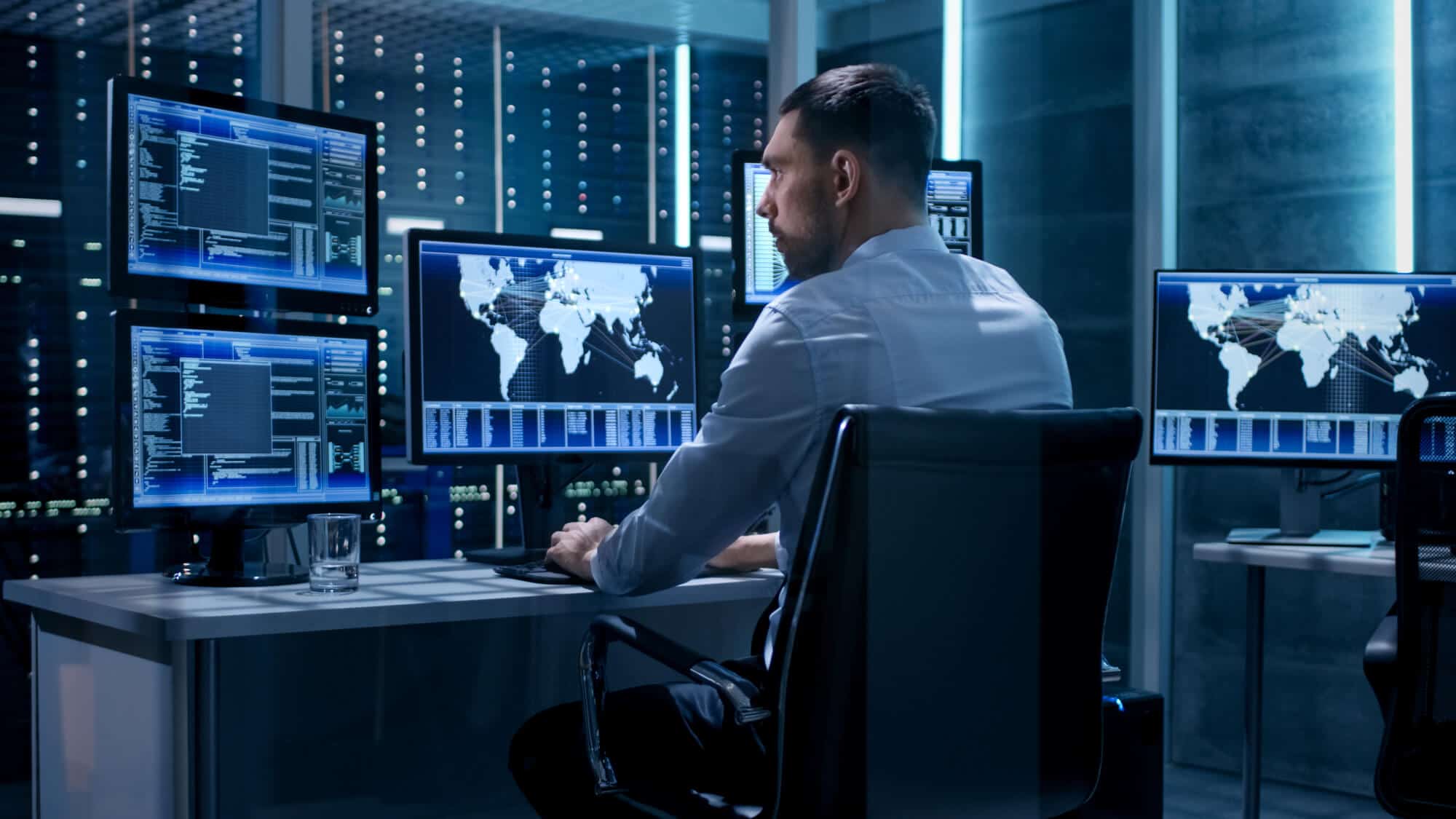Cybersecurity is essential in a technological world that has become an integral part of our lives. The rapid growth of cyber threats demands organizations to enhance their defenses against cyberattacks, giving rise to a diverse array of cybersecurity roles such as Security Architect Jobs, Cybersecurity Analyst jobs, Penetration Tester Jobs, DevSecOps jobs, Cybersecurity Engineer Jobs, and Chief Information Security Officer (CISO) Jobs. Each one of these positions plays important roles in safeguarding sensitive information and maintaining the integrity of systems.
Security Architects have mastered the art of cybersecurity. They design and oversee the implementation of robust systems to secure an organization’s digital assets from attacks. These experts are the ones who develop the blueprints for a secure environment. Knowing the complexities and intricacies of an organization’s technological landscape can help them design solutions that balance functionality with security.

Assisting stakeholders in a close manner in IT and management, Security Architects ensure that security measures meet the business goals. They must have a thorough understanding of the most recent security protocols, encryption methods and industry standards. Security Architects need to stay updated with technology developments in order to mitigate and be aware of emerging threats. For more information, click Cybersecurity Analyst Jobs
Security analysts in cyberspace are detectives within the world of technology. Assisting in the continuous monitoring of systems for indications of security breaches or weaknesses, these experts are adept at identifying the signs, analyzing and responding to security issues. They play a key role in analyzing attacks on the internet, analyzing the strategies employed, and devising strategies to prevent future incidents.
Analysts often take proactive measures, like vulnerability tests and penetration testing to identify weaknesses before malicious actors are able to. Their work can help improve the cybersecurity posture of an organisation, by making sure the potential security risks are taken care of quickly.
Penetration Testers, often called ethical hackers, are the threat-makers who organizations hire to test the resilience of their security measures. They simulate cyberattacks in real time to identify vulnerabilities that may be exploited by hackers. When they adopt the mindset of cybercriminals, they identify weaknesses that might otherwise remain secret.
A penetration tester’s role requires both creativity and flexibility. They must stay ahead of the curve by constantly improving their skills and thinking outside of the box. These assessments provide companies with valuable insight into security gaps and allow them to adopt proactive measures.
The introduction of DevSecOps is a clear indication of the integration of security throughout the development cycle of software. DevSecOps experts work with the development team and operations to incorporate security measures from the beginning rather than think of security as a secondary consideration. This helps ensure security measures are seamlessly integrated into the digital systems and products.
DevSecOps experts streamline security processes, streamline testing, and make sure that security patches are rolled out promptly. This proactive approach decreases vulnerability and allows organizations to react quickly to new threats. DevSecOps experts play a crucial function in bridging development and security. This fosters a culture of secure coding as a shared responsibility.
Cybersecurity Engineers design defense mechanisms. They design, develop, and maintain security solutions that protect an organisation’s digital assets. These professionals are involved in the design and managing security measures. They create firewalls, intrusion detector security systems, encryption protocols, and access control.
A Cybersecurity Engineer must possess an in-depth knowledge of the network’s architecture and technical expertise. Not only do they implement security solutions, they also assist in risk assessments as well as threat modeling and response strategies. In a rapidly changing threat environment, Cybersecurity Engineers are at the forefront of inventing new strategies to defend.
The chief information Security officer (CISO) is the most senior place in the security hierarchy. CISOs are accountable for connecting cybersecurity to an organization’s business objectives. They create comprehensive cybersecurity strategies to manage budgets, as well as take high-risk decisions that impact the security of the company.
CISOs have to be multi-faceted in their skills that encompass the management, technology, and communication abilities, as well as risk assessment. They function as an intermediary between experts in the field and the executive leadership and translate complex security concepts to actionable insights. In a world where cyber threats are able to have a variety of consequences, CISOs are crucial to ensure that an organization’s digital landscape is resilient.
Conclusion: The variety of jobs within cybersecurity is wide and varied. Each one contributes to the goal of safeguarding digital information and assets from a variety of cyber-related threats. Each role is distinctive in that it involves the creation of secure systems, dissecting cyber attacks and integrating security into the development process, or constructing defense mechanisms.
As technology continues to advance as it does, the need for cybersecurity professionals will only rise. They can help companies as well as businesses of all sizes navigate the world of cyber threats. If you’re interested in the thorough analysis of an Cybersecurity Analyst, or the leadership skills of a CISO The field of cybersecurity can provide a challenging and lucrative career that’s essential to the modern age of technology.